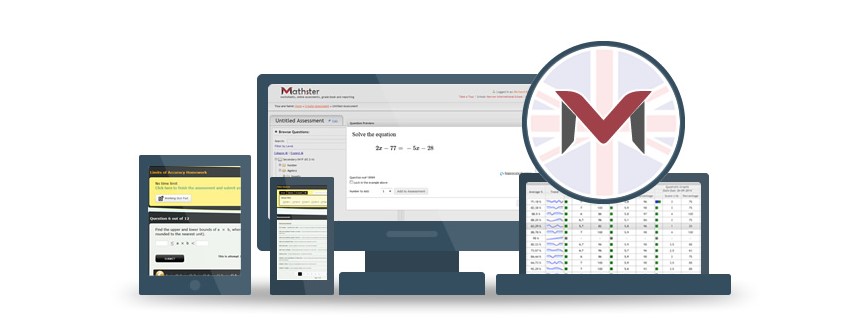In the world of software development, change is inevitable. As software evolves and new features are added, it’s essential to ensure that existing functionality remains intact. This is where regression testing comes into play. In this article, we will explore the significance of regression testing in maintaining code stability across different software versions.
What is Regression Testing?
Regression testing is a type of software testing that focuses on verifying whether the new code changes or enhancements have adversely affected the existing functionality of the software. Its primary goal is to identify any unintended side effects or regressions that may occur as a result of modifications to the codebase.
Why Regression Testing Matters?
Preserving Functionality: As software undergoes updates and enhancements, there’s always a risk that these changes could introduce bugs or conflicts with existing features. Regression testing helps ensure that the core functionality of the software remains intact.
Detecting Unintended Consequences: Even seemingly minor code changes can have far-reaching consequences. Regression testing helps detect and address unexpected issues that may arise due to code modifications.
Improving Code Quality: By catching and rectifying regressions early in the development process, regression testing contributes to overall code quality. It promotes a more stable and reliable software product.
Regression Testing Strategies
1. Automated Testing
Automated regression testing involves creating a suite of test cases that can be executed automatically whenever code changes are made. This approach is highly efficient for repetitive testing tasks and ensures consistency in testing.
2. Selective Testing
Not all parts of the software require equal attention during regression testing. Selective testing involves identifying critical areas of the codebase and focusing regression tests on those specific areas. This approach optimizes testing efforts.
3. Continuous Integration (CI)
CI practices involve automatically integrating code changes into a shared repository multiple times a day. With each integration, automated regression tests are executed to catch issues early in the development cycle.
4. Rebaseline Testing
In some cases, it may be necessary to update the baseline of expected results for regression tests. This is done when the software’s functionality evolves and expected outcomes change accordingly.
When to Perform Regression Testing
After Code Changes: Regression testing should be conducted immediately after code changes, whether they are bug fixes, feature additions, or enhancements.
Before Releases: Before a new version or release of the software is deployed, a comprehensive regression test suite should be executed to ensure the software’s stability.
On a Regular Schedule: Many development teams incorporate regression testing into their regular development cycle, running tests at predefined intervals to catch regressions early.
Tools for Regression Testing
Various tools are available to streamline regression testing, including Selenium for web application testing, JUnit for Java applications, and pyt est for Python applications. These tools help automate test execution and reporting.
Conclusion
Regression testing is a fundamental practice in software development that ensures code stability across different versions of a software product. It safeguards against unintended consequences of code changes and preserves the reliability and functionality of the software. By incorporating regression testing into the development process and using automated tools, development teams can confidently embrace change and innovation while maintaining the integrity of their software.
In an ever-evolving software landscape, the role of regression testing cannot be overstated. It is not merely a quality assurance measure; it is a crucial pillar supporting the reliability and trustworthiness of software applications. As software continues to advance, regression testing remains an indispensable practice in the pursuit of code stability and user satisfaction.
For those looking to learn more about regression testing and other essential software testing practices, consider enrolling in a Software Testing Training Course in Kolkata, Delhi, Mumbai, Indore, Kolkata and many other Tech cities in India. These courses can provide you with the knowledge and skills needed to excel in the field of software testing and contribute to the ongoing improvement and reliability of software applications.





